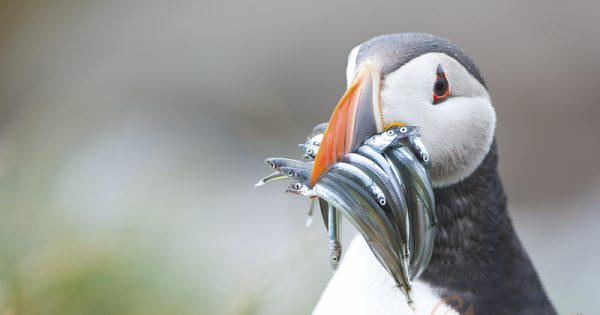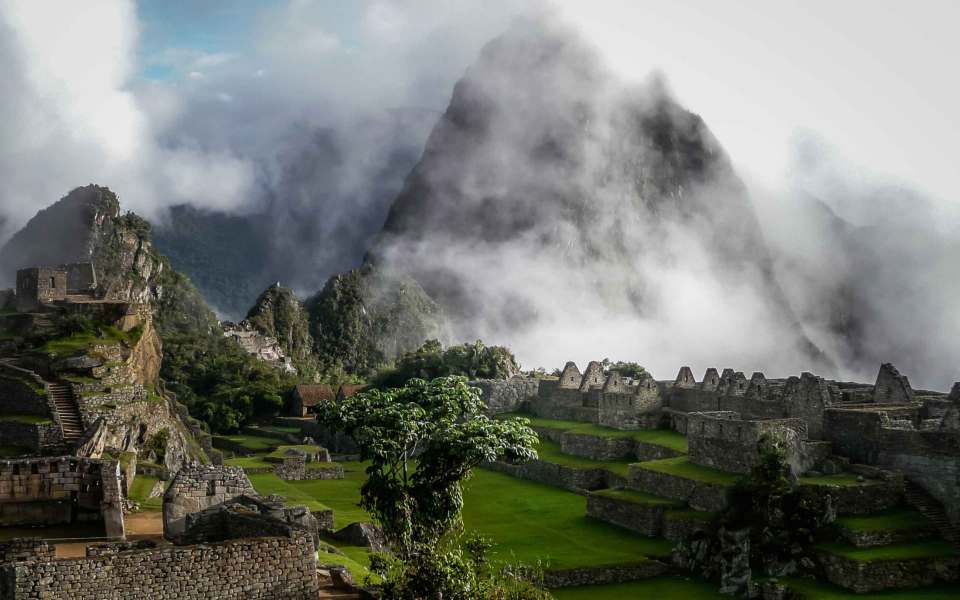
You can learn more about photography whether you are an amateur or professional. One of these is by reading photography quotes. These inspirational quotes can be found on the internet and in printed matter, and can be a great way to improve your craft.
You will need to know the best tips and tricks to improve your photography skills. Before you take a picture of someone, it is important to get to know their needs and wants. You should also ensure that your image captures the right mood. You can do this by changing your viewpoint.
The best photos are beautiful and interesting to look at. This is because photography is the art of seeing things differently. Changing your perspective may make a mundane subject seem interesting, and may be the difference between a good shot and a mediocre one.

The best photographs also have the most stunning backgrounds. Therefore, you should include a photo taken at the exact location. Large landscapes such as lakes and rivers are often the best. A variety of elements will be added to your photo, such as rocks, trees and other elements. This will add more personality.
A camera can be used to capture the best images. Your camera could be your best friend in your hobby of photography. It is possible, in fact, that you have encountered some unique lighting situations, even though you may not have done it before.
While you're at it, you should also take a look at some of the most famous photography quotes of all time. Some of the most interesting ones are those that speak to the best practices in the art of photography. These are some of the best practices that can be applied in real life.
Photography quotes that make you think are the best. They can be small quotes on scraps of paper or large words on a shirt. They are also great for motivating yourself to improve your photographic skills.

The best quotes in photography will inspire you as well as serve to set an example for your own work. You'll be amazed at how much your efforts compare to those of the best. This will motivate you to improve your skills and possibly even help you find the special person you have always wanted to photograph.
Last but not least, the best quotes for photography can remind you to slow down. These may seem like small feats to some, but they're important. These moments are where you will find your true passion. Perhaps you will even discover the beauty of photography.
FAQ
How do I get started with digital photography?
If you are just starting to get into digital photography, the most important thing is to choose which camera you would like. There are many options: DSLRs (digital Single Lens Reflex Cameras), point-and–shoot compact cameras or camcorders. Each model has its own unique features and advantages. DSLR cameras can produce high-quality images, but they are usually heavier and more bulky than other types. Point-and shoot cameras are smaller, lighter and have more automatic settings. Camcorders can record excellent video and have some still photography modes. Smartphones are small, light, and easy to carry around and offer great image quality and many advanced features such as GPS mapping, music playback, and Internet browsing.
Once you've made a decision about the type and model of camera you want, then you must decide whether you want to buy it new or used. You can find affordable used cameras, particularly if you bought them in the last few years. Newer models usually cost more as manufacturers invest large amounts of money to develop new technology.
Next, you will need to purchase lenses. Lenses are crucial in determining the quality and appearance of your photos. You can adjust the focal length of the lens to allow you to zoom in on the scene without losing focus. Some lenses come with built-in flash units while others need external flash units. There is a wide selection of lenses available from different brands. Each lens has its own characteristics.
Finally, you need to purchase memory cards. Memory cards can store pictures that were taken with your digital camera. Depending on the size of your card, it could hold hundreds or even thousands of pictures. You will need multiple memory card if you plan on taking many photos.
What Lenses Should I Use
Beginners often ask, "What lens should I purchase?" This is a difficult decision because there are so many options.
The good news is that you don't necessarily need to buy a new lens every time you purchase a new camera. You can instead add lenses later.
These are just three options for lenses that you might consider.
-
Wide Angle Lens (14mm to 24mm): These lenses allow you to see more of your subject from a wider angle. You can zoom in, but not lose image quality.
-
Normal/Standard Zoom Lens (28mm to 70mm) : These lenses allow you the flexibility of changing focal lengths, while still maintaining high quality images.
-
Telephoto Zoom Lens (70mm to 200mm): These lenses make it easy to capture distant subjects. These lenses allow you to focus on your subject, even though they may appear small in the frame.
These lenses can be combined to create different effects. One example is to use a regular lens to photograph close-up details and then switch to a long-range lens to capture faraway objects.
Which is the best camera to use for beginners?
The best camera to use for beginners is dependent on your needs, budget, and skill level.
For example, if you're looking to save money, you might choose a point-and-shoot digital camera. These cameras can be very versatile, but they offer excellent quality.
The Digital Single Lens Reflex (Digital DSLR) camera allows you to interchange lenses, allowing you to take different kinds of photos. These are typically more expensive than point-and-shoots, but they provide much greater flexibility.
For those new to photography, a beginner's kit is a great place to start. All you need is included in this package: a camera body and lens, flash, memory card, tripod and flash.
You should also remember to buy additional batteries.
What camera should I get?
All depends on the type of photographer that you want to be. A basic point-and-shoot camera is probably all you need if you're just starting out.
However, once the basics are mastered, it's likely that you will want more advanced features. It really is up to you what you prefer.
These are some important things to think about before you purchase a new camera.
-
Features: What features will you require? Are you going to use autofocus, manual settings, or both? What number of megapixels does the camera have? Is there a viewfinder?
-
Price: What amount are you willing spend on your camera? Are you looking to replace your camera every few years?
-
Brand: Do you feel satisfied with the brand you choose? There's no reason why you should settle for less than the best.
-
Functionality: Does your camera perform well in low light conditions? Do you have the ability to take high-resolution pictures?
-
Image Quality: How clear, sharp, and crisp are your images.
-
Battery Life: How long will your camera last between charges?
-
Accessories: You will be able attach additional lenses, flashes and other accessories. ?
How can you become a skilled photographer?
Photography is an art that takes patience, dedication and passion. Photography is a passion. You will be able to do much more than if your goal was to make a buck.
You need to learn how to use your camera properly. It is important to understand the basics of composition, lighting and exposure. You also need to have a decent understanding of Photoshop.
Photography can be difficult but once you get the hang of it, it's a rewarding art form that allows you to capture moments in time that otherwise would have gone unremembered forever.
To improve your skills, you can read books and attend classes. You can also participate in competitions. You will gain confidence and experience, which can lead to improvements. What equipment do I need?
It really depends on your type of photography. For example, if you are interested in landscape photography, you will need a wide-angle lens.
A telephoto lens will be a must if you are interested in portrait photography.
A tripod is essential when taking photographs. It allows you stand up and compose your photo without moving.
Camera bags are great for carrying your accessories, such as memory cards and cameras.
A flash unit is necessary if you are using a compact camera.
A DSLR (Digital Single Lens Reflex), is the best camera choice for beginners who want professional quality photos.
DSLRs are great because they let you control every aspect in your photo including shutter speed (aperture, ISO sensitivity), white balance, focus and white balance. A variety of features are available such as autofocus and auto-exposure locks, bracketing, self-timer, and RAW formatting.
How can I make my photos look beautiful?
You can look great in photos if you take them yourself. Learn how to pose and what angles look best. Additionally, you'll learn how to use lighting and props in order to enhance your natural beauty.
Learn how to select clothes that fit you well, what make-up looks good on you and what hairstyles best suit your style.
We will also help you retouch your images using Photoshop or another editing software, if you are not satisfied with the results.
You can now take self-portraits.
Statistics
- While I cannot prove that all of those spots were not sensor dust, the photo was taken during a heavy snowstorm…so I guess that 99.8% of the spots are snowflakes. (bhphotovideo.com)
- The second easiest way to get blurry photos 100% of the time is to use a cheap filter on the front of your lens. (photographylife.com)
- Get 40% off Adobe Creative Cloud(opens in new tab) (creativebloq.com)
- In this case, 100% of readers who voted found the article helpful, earning it our reader-approved status. (wikihow.com)
External Links
How To
How to take macro photos in photography
Macro photography refers to the ability capture small objects like flowers, insects, or people close up. Macro comes from the Greek makros (makros) which means large. When you use a lens with a focal length greater than 50mm, you can take pictures of things that are very close up.
A macro lens with a good working distance should be able to capture sharp images even when you are not moving too much. It is important to avoid motion while taking photos. Anything that moves during exposure may blur your image.
Here are some great tips to create stunning macro photographs.
-
Use a tripod. A tripod is a must if you don’t already have one. This way, you'll have less chance of moving while trying to shoot.
-
Select the right lighting. Most macro lenses come with built-in light filters, but if you don't have one already, buy one separately. This prevents excessive exposure.
-
Be patient! Shooting macros takes practice. Sometimes you might only be able see a very small insect or flower. However, it's worthwhile to keep shooting until it appears.
-
RAW file format allows you to shoot in it. RAW files can store more information than standard JPEGs. RAW files are better for editing later as you can make adjustments such as cropping and colour correction.
-
The background is important. Even though you've got a nice foreground object, sometimes the background adds interest to your shot. You should include it in any photo.
-
Keep learning.